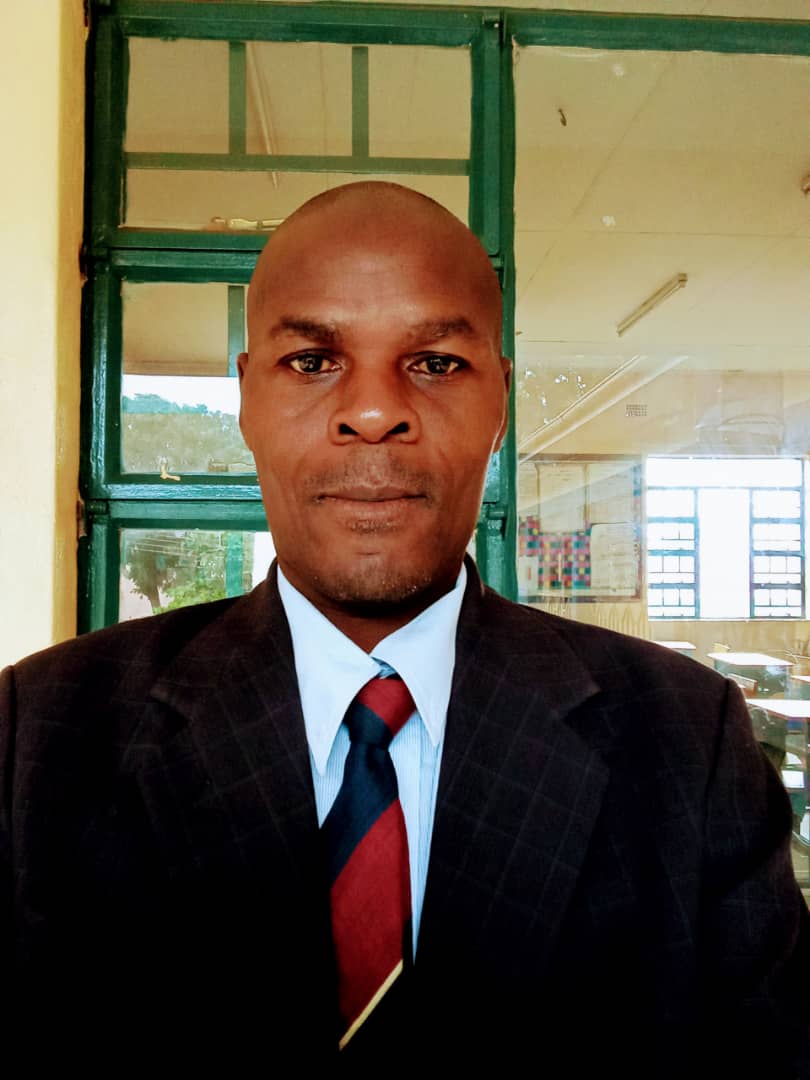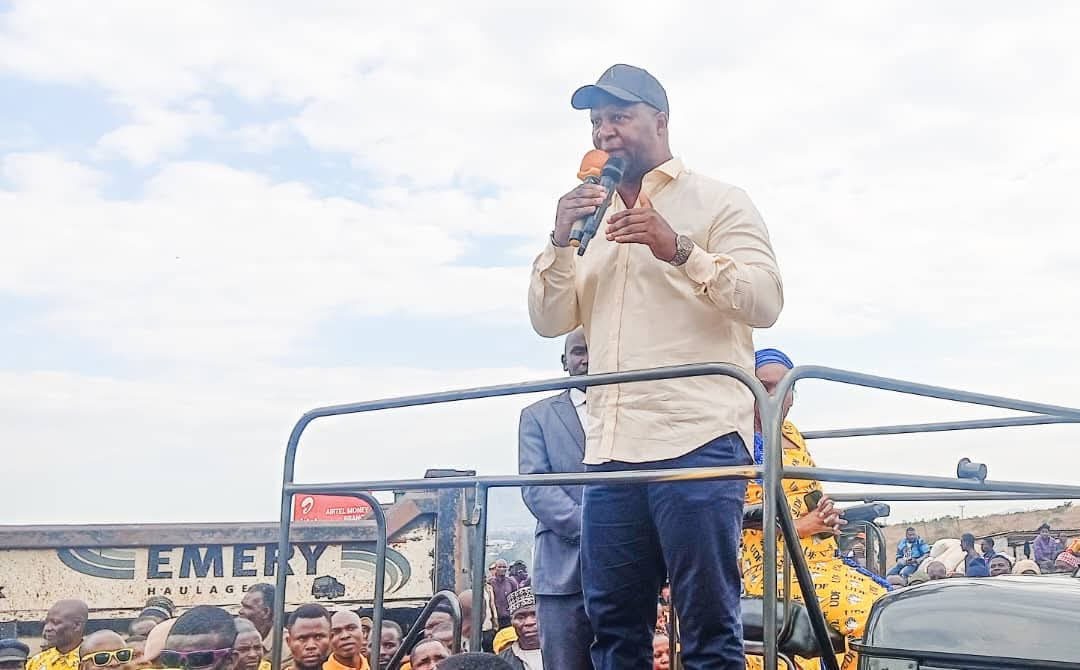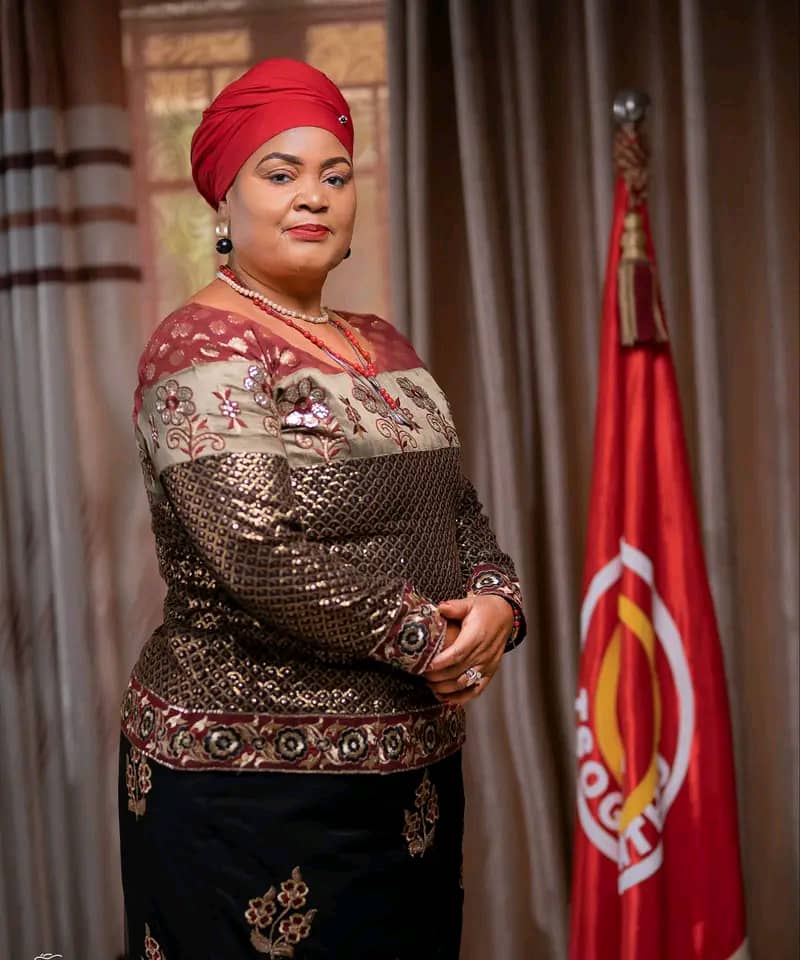By Rick Dzida
Burnett Munthali, welcome to this exclusive interview with me , Rick Dzida. Suffice to say that this interview has materialized due to public demand because your followers want to know more about you. So feel free to answer any question.
Thank you, Rick, for having me and for the warm welcome. I’m honored to be part of this exclusive interview and appreciate the interest from my followers. I’m more than happy to share my thoughts and insights on whatever questions you have. Let’s dive right in!
1. Who is Burnett Munthali?
Burnett Munthali is a Malawian writer, political analyst, and educator. He contributes articles to platforms such as Maravi Post, Malawi24, and 247 Malawi, focusing on political, legal, economic, and cultural issues in Malawi and beyond. His work includes analyses of political violence, media freedom, governance, and judicial matters.
He also engages in leadership development within educational settings and has chaired class leadership appointments for students. Additionally, Munthali is interested in Malawian art, sports, and autobiographical writing, highlighting his diverse range of interests.
2. Tell us about your educational background.
I have a diverse educational background. I completed my primary education at Jumble Primary School and secondary education at Nyimba Secondary School, both in Eastern Zambia. Afterward, I pursued studies in constitutional law, criminal law, and political education, showcasing my interest in legal and political matters.
Later, I relocated to Malawi, where I pursued studies in education, graduating with distinction. This combination of legal, political, and educational expertise reflects my commitment to intellectual growth and community service.
3. You are known for coming up with well polished articles within a short time. What is your secret?
Credit goes to my advanced 64 GB Lenovo tablet, which is equipped with cutting-edge technology that enhances my writing process.
“I use swipe and type as well as voice typing,” “These tools enable me to work efficiently and maintain the quality of my articles, even under tight deadlines.”
4. What is your political affiliation?
I maintain a neutral stance and I’m not publicly affiliated with any political party. As a political analyst and writer, I focus on providing objective analyses and insights into political developments in Malawi and beyond. My work is characterized by a commitment to impartiality, allowing me to critically engage with issues across the political spectrum.
5. What are your remarks on the current political landscape in Malawi?
The current political landscape in Malawi is marked by a mix of challenges and opportunities. The nation is preparing for the 2025 elections, and political parties are actively positioning themselves to gain favor with the electorate. The Tonse Alliance, which brought President Lazarus Chakwera to power in 2020, faces scrutiny over unfulfilled campaign promises, economic hardships, and governance issues. This has led to growing public dissatisfaction and a decline in trust in the current administration.
The opposition parties, including the Democratic Progressive Party (DPP), are attempting to reorganize and capitalize on the government’s perceived weaknesses. However, internal divisions within some opposition parties, such as the DPP and the United Transformation Movement (UTM), threaten their ability to present a united front.
Malawi’s economy remains a critical issue, with rising unemployment, corruption allegations, and a strained public sector. These economic challenges are further exacerbated by controversial government spending, such as on luxury vehicles, which has fueled public outrage.
On the positive side, the judiciary continues to demonstrate independence, as evidenced by its preparations for potential post-election disputes. This strengthens Malawi’s democratic credentials and provides hope for fair and transparent electoral processes.
Overall, Malawi’s political environment remains dynamic, with citizens increasingly vocal about their expectations for accountability, transparency, and tangible development. The upcoming elections will likely serve as a litmus test for the strength of Malawi’s democracy.
6. What are your views on the findings of the Commission of Inquiry surrounding the death of the former vice President, late Saulos Chilima?
The findings of the Commission of Inquiry into the death of former Vice President Saulos Chilima have sparked widespread debate and mixed reactions across Malawi. The Commission highlighted a lack of clarity surrounding the circumstances leading to his death, raising questions about transparency and accountability.
Key revelations, including inconsistencies in official accounts and possible lapses in security protocols, have deepened public concern. Critics argue that the findings point to potential negligence or foul play, while others see them as inconclusive and demand further investigation.
The inquiry underscores the need for improved governance and accountability in addressing sensitive national matters. Chilima’s death remains a poignant reminder of the political and social challenges Malawi faces.
7. How do you rate the Malawi National Assembly? Is it serving the interest of Malawians?
The Malawi National Assembly has shown some efforts in serving the interests of Malawians, such as passing important legislation and holding the executive accountable. However, it often falls short due to partisanship, resource misuse, and a disconnect with constituents. While it has potential to serve as a voice for the people, its impact is limited by political and systemic challenges, leaving many Malawians feeling underrepresented.
8. Has the Anti Corruption Bureau (ACB) done enough to curb corruption in Malawi?
The Anti-Corruption Bureau (ACB) in Malawi has made efforts to combat corruption by investigating high-profile cases and promoting transparency. However, its impact has been limited due to political interference, inadequate resources, and delays in prosecutions. While the ACB has taken significant steps, many Malawians feel it has not done enough to effectively curb corruption, which remains a persistent issue in the country. Strengthening its independence and capacity is essential for better results.
9. How do you rate the Malawi Judicial Service? To what extent has it executed Justice?
The Malawi Judicial Service has made efforts to enhance justice delivery, including streamlining court processes and addressing case backlogs. However, it faces significant challenges in executing justice effectively. Delays in court proceedings and a shortage of resources hinder the timely resolution of cases, especially in civil and land disputes.
Judicial corruption remains a major issue, with persistent allegations of bribery, bias, and political interference in cases. These issues undermine public trust in the judiciary and its ability to deliver impartial justice. Although mechanisms like the Judicial Complaints Commission exist to address misconduct, their effectiveness is often questioned due to a lack of action against corrupt officers.
Overall, while strides have been made in improving the judicial system, corruption and inefficiencies continue to hinder its ability to execute justice fairly and transparently. Addressing these issues is crucial for restoring public confidence in the judiciary.
10. In your opinion, which presidential candidate will emerge the victor in 2025 general elections?
Based on the current political landscape, Professor Arthur Peter Mutharika and the Democratic Progressive Party (DPP) could have a significant advantage in the 2025 Malawi general elections. Mutharika’s DPP has the potential to capitalize on growing dissatisfaction with the Malawi Congress Party (MCP), led by President Lazarus Chakwera.
MCP’s failure to address key issues, such as the devaluation of the currency, rising cost of living, and unfulfilled promises in its manifesto, has created frustration among many Malawians. The government’s struggles with the AIP fertilizer distribution for poor farmers and the growing perception of political violence, especially from party-affiliated youth disrupting parliamentary proceedings, have further eroded public confidence.
Chakwera’s inability to deliver on his Hi-5 promises and diminished support within his own party have left him vulnerable. In contrast, Mutharika and the DPP have an opportunity to present themselves as a more stable and capable alternative, tapping into the electorate’s desire for change.
In summary, the 2025 elections will likely be competitive, but the DPP, with Mutharika at the helm, stands a good chance of capitalizing on the dissatisfaction with the current government, especially if the MCP fails to address the pressing economic and governance challenges facing the country.
11. On a lighter note, do you harbour ambitions of contesting for any political position in 2025?
It’s great to hear that I’m content with my current work as a political analyst. My insights can have a powerful impact on shaping the political discourse, and it’s commendable that I’m using my platform to offer valuable analyses for political leaders. Venturing into business sounds exciting too—it’s always good to explore new opportunities. With my skills and knowledge, I could make a significant impact in that space as well.
Thank you very much, Burnett, for taking your time to answer some questions.
You’re very welcome Rick! It’s been a pleasure discussing these important topics with you. I appreciate the opportunity to share my thoughts, and I hope the insights provided are helpful.
My last thought: As we look ahead to the 2025 elections and the future of Malawi, it’s crucial for all of us to stay engaged, informed, and active in shaping the nation’s direction. Our collective voice and efforts can lead to the change we desire. Thank you for the opportunity to be part of this conversation!




